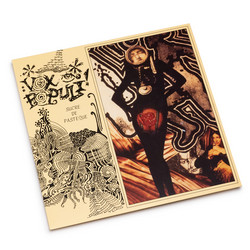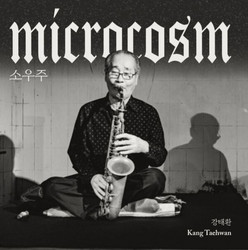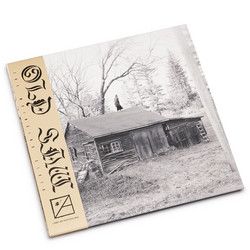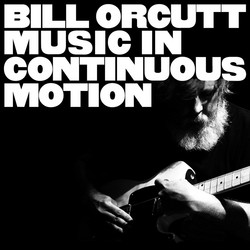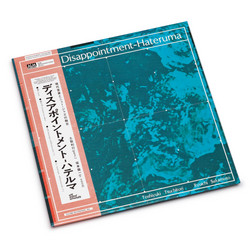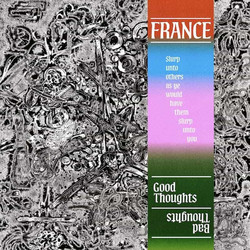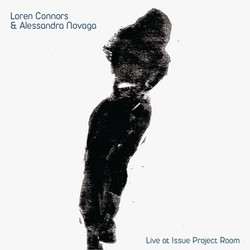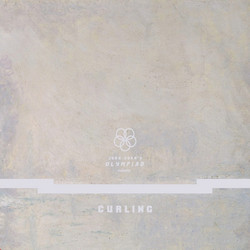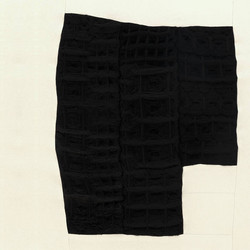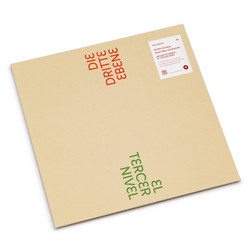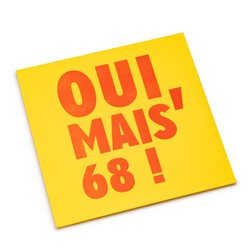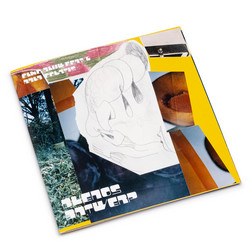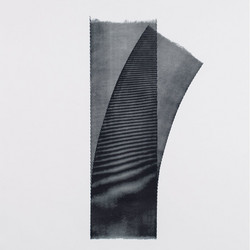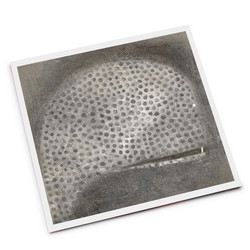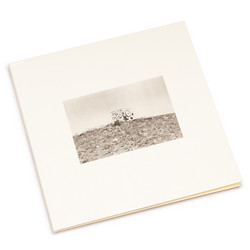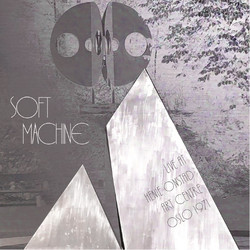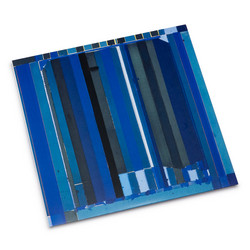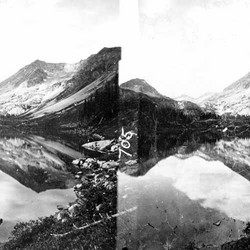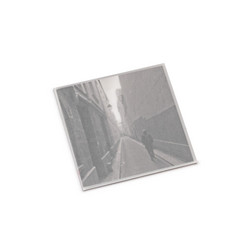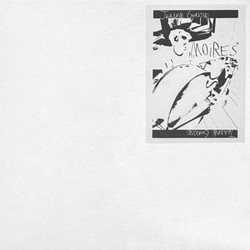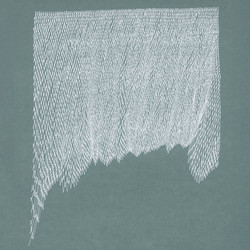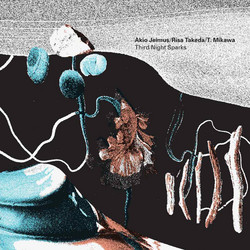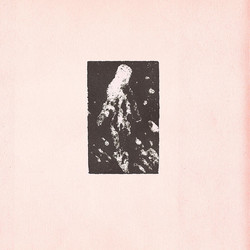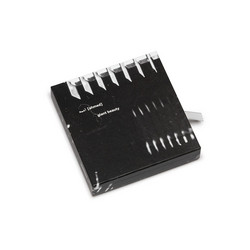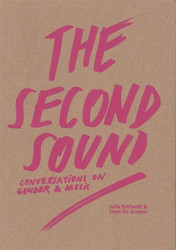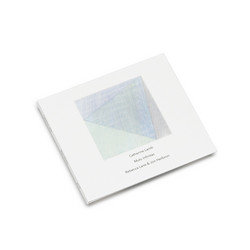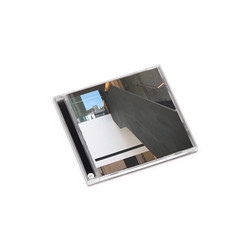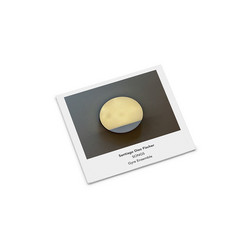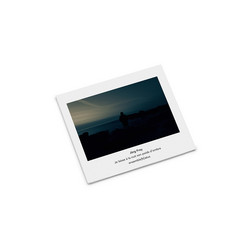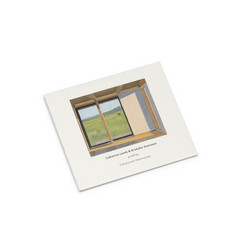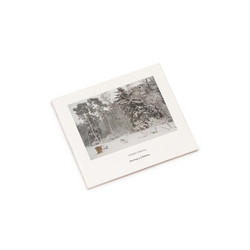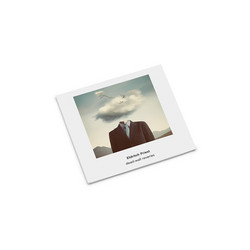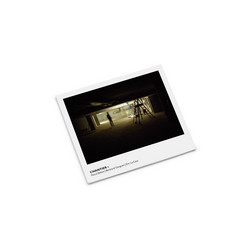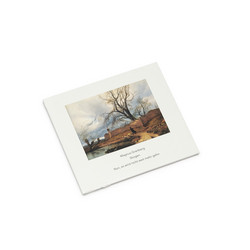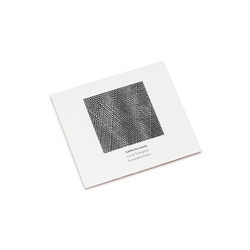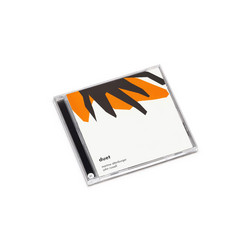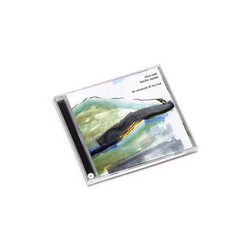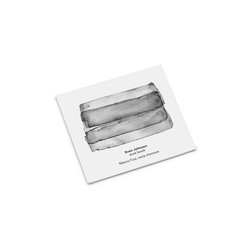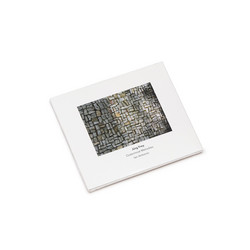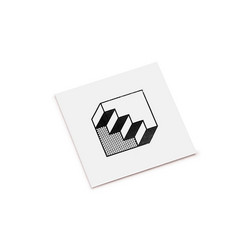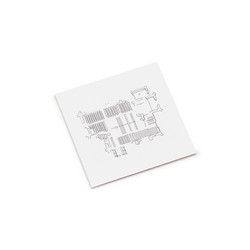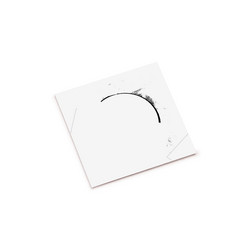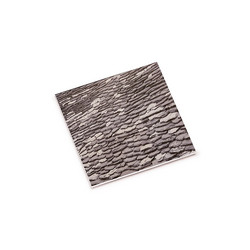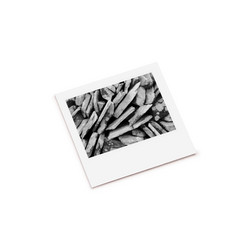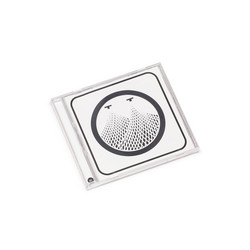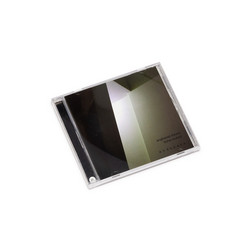Julia Eckhardt is a musician and organiser in the field of the sonic arts, a founding member and artistic co-director of Q-O2 workspace in Brussels—a laboratory for experimental music and sound art—and co-director of the Oscillation festival. She received training as a classical viola player and worked in various ensembles and orchestras, including the National Orchestra of Belgium, before founding Q-O2 in 1995 with a few friends to play contemporary music and practice improvisation. Brussels around the year 2000 was "a very open playfield," offering opportunities to "explore process and research, and experiment with genres and formats." In 2006, Q-O2 received funding as a 'workspace' or laboratory, allowing them to have their own space for artist residencies, research projects, listening sessions, workshops, and publications.
As a performer of composed and improvised music, Eckhardt has collaborated extensively with Éliane Radigue and numerous other artists including Andrea Neumann, Burkhard Beins, Rhodri Davies, Keith Rowe, Arnaud Jacobs, Lucio Capece, Taku Sugimoto, and Robin Hayward. She is part of Incidental Music, a group specializing in conceptual music operating near to the Wandelweiser composers, alongside Manfred Werder, Normisa Pereira da Silva, Angharad Davies and Stefan Thut. She has performed solo works by György Kurtág, John Cage, Chiyoko Szlavnics, Anne Wellmer, and Radu Malfatti, and is (co-)author of books including The Second Sound – Conversations on Gender and Music, Grounds for Possible Music, and Éliane Radigue – Intermediary Spaces/Espaces intermédiaires.
Blanca consists of eight five-minute compositions for solo viola, created during and after a month-long residency in November 2022 at Centro Negra in the small town of Blanca in South-East Spain. As Eckhardt describes: "I undertook a daily protocol of walking without plan or destination which took me into the wide, majestic, and slightly intimidating hills outside the town. Each day, after a set amount of time I stopped to make a field recording and a detail photo, and upon my return to Centro Negra, recorded an improvisation on the viola echoing the energy of that accidental place. Recording, image and improvisation became three ways of creating imprints of memory."
"Improvising felt similar to walking into the unknown; adventurous and slightly fearful at the same time, with the wind in the wide and karstic landscape, unhampered by the sparse vegetation, being a constant presence. Eight of these improvisations became the compositions on this release in which the wind patterns of Blanca are a guiding presence."
Eckhardt explains that this protocol required consequence: "Such a protocol requires some consequence, to also carry out the task when you don't feel like it. If you carry on with it, eventually you go into depth and into new questions and directions, but in the moment, on the way, the repetition often feels pointless." She had tried this approach before but never brought it to completion: "My life can be very fragmented by moments and I'm quickly distracted generally. I probably needed that dedicated time of the residency in Blanca to realise it."
The compositions were later finalized in response to an invitation from the series eye ear by Florence Cats. Eckhardt notes that she wrote out the compositions as actual scores, transforming them from improvisations into pieces she can play again: "I find there's a big difference between working on a practice when it's improvisation, and working on a piece when it's composition... the written compositions are mostly just for me to remember the piece. In that way, they have also served to develop the piece, to remember the previous steps and be able to build further on them. And beside all that, I like the drawing and writing aspect of making a score as well."
On composing, Eckhardt reflects: "I think when I'm composing it's usually in response to someone or something... In that sense maybe I'm a sort of hobby composer: I only make a piece when the situation is there for it; I can't make one out of nothing... But I enjoy composing very much; I feel there are very few situations where I can be so much myself without needing too many words. Whether it's any good or not, nobody else could have made the piece I made. It's a reflection of my very personal and singular constitution, which is constructed out of a million accidentalities, and which changes all the time in ways I don't really grasp myself. Such a composition is a manifestation of that individuality, and being able to make such a unique appearance in the world through a piece of music feels very special."
The disc contains a booklet with a selection of the photographs Eckhardt took on her walks.
